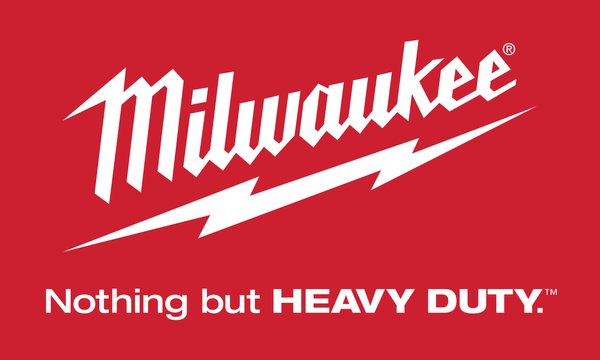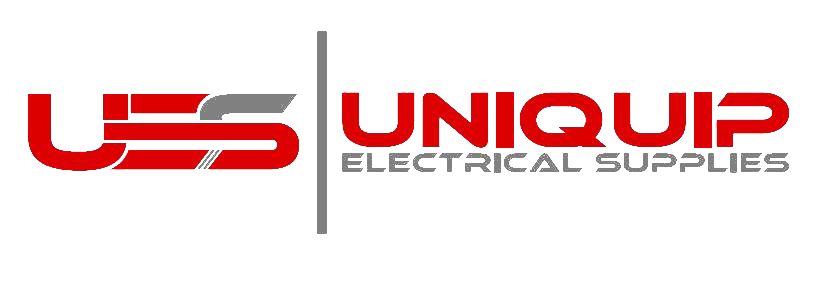Fair Work Legislation Amendment (Closing Loopholes) Bill 2023
The National Electrical and Communications Association would like to provide its members with an update on the legislative progress made on the Fair Work Legislation Amendment (Closing Loopholes) Bill 2023 (the Bill).
Minister for Employment and Workplace Relations, Tony Burke, announced the Federal Government will split the Bill into two parts.
The Federal Government, with the support of the crossbench, passed the first tranche of the Bill. This included many non-contentious parts of the Bill including:
- making it easier for emergency service workers to claim workers’ compensation for PTSD;
- protecting family and domestic violence victims from adverse action by their employers;
- protecting redundancy payments for workers who work for large businesses that has become a small business due to insolvency; and
- expanding the functions of the Asbestos Safety and Eradication Agency to include silica.
- labour hire laws;
- criminalising intentional underpayments of wages and superannuation; and
- union workplace delegate rights.
The second tranche of legislation will focus on changes to the gig economy, road transport industry reforms and casual employment. Amendments to the second tranche of the Bill remain before Parliament and will undergo the full Senate inquiry process that is due to conclude by 1 February 2024.
Labour Hire
The Fair Work Commission, it appears, will now have the authority to make new labour hire orders that impose obligations on host businesses who engage labour hire firms. Businesses that require labour hire providers to pay labour hire employees at the same full rate of pay to which they would be entitled were they directly employed by the host business. The new laws may subsequently increase the administrative burden on businesses using legitimate labour hire arrangements to meet industry demand or assist with staff shortages.
The electrical contracting industry deals primarily with contractors, apprentices and trades who often work on projects and/or for host employers. Therefore, ECA strongly advocated for the exclusion of independent contractor arrangements in the proposed reform. It appears that independent contracting in the construction sector has not been explicitly carved out of the legislation, which would have offered appropriate protection from any subsequent issues the new reform may cause.
As the second tranche of the Bill is considered in the new year, ECA will continue to advocate for subcontractor exclusion from the labour hire arrangements.
Delayed or Underpayment by Employers
The new wage theft offence will aim to criminalise intentional or intentionally delayed payments and underpayments to employees, including superannuation, wages, and allowances. It appears that the criminal offence has been drafted to apply to intentional conduct only, but the new laws can expose employers to criminal investigation for noncompliance with workplace obligations.
This means that paying your employees accurately and on time is even more important now than ever before given the severe penalties (including hefty financial penalties and/or imprisonment of not more than 10 years) for not only the business but also responsible individuals, if obligations in this regard are intentionally disregarded or not complied with.
Union Workplace Delegates
The Government will provide union workplace delegates with additional rights, including access to paid leave for training and education.
Employers will be obliged to engage with delegates and the Fair Work Commission will be empowered to create a model term for insertion of workplace delegate’s rights into all enterprise agreements and awards.
Although we do not know how the model clause will be drafted (so watch this space), it is assumed based on the wording of the Bill that it will provide that a worker must not (without being subject to civil penalties):
- Unreasonably fail or refuse to deal with the workplace delegate.
- Knowingly or recklessly make a false or misleading representation to the workplace delegate; or
- Unreasonably hinder, obstruct or prevent the exercise of the rights of the workplace delegate.
Timeline
The first tranche of the Fair Work Legislation Amendment (Closing Loopholes) Bill 2023 will come into effect at various points post Royal Assent. Please find a timeline below.
| Policy/legislative area | Timings |
| Labour hire orders (general) | The day after Royal Assent |
| Labour hire orders (host obligations) | 1 November 2024 |
| Union delegate rights for employees | The day after Royal Assent |
| Wage theft | Approx. 1 January 2025 |
| Small business redundancy exemption | The day after Royal Assent |
| Anti-discrimination | The day after Royal Assent |
| Industrial manslaughter | 1 July 2024 |
| Expanding asbestos regulation, Silica | The 28th day after Royal Assent. |
For more information, please contact ECA Legal on (08) 6241 6129 or via ecalegal@ecawa.org.au.
















